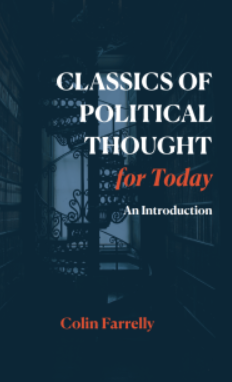Meeting #3 [meeting #1 notes here; meeting #2 notes here]
This is our third meeting for Russell’s book Marriage
and Morals, covering chapters on the family and divorce.
In Chapter XIII Russell argues that the family provides
the only rational basis for a limit on sexual freedom-- the interests of potential
children is the only reason why some stability in sexual relations/ marriage is
required. I found this a surprising
conclusion. Question: Do you agree with
this? With more reliable (though not full
proof!) birth control more readily available, has this altered the moral
landscape on this issue compared to a century ago?
Russell also contends that in agricultural times family was
driven by economic considerations, but with the rise of industrialization came
a rise in individualism. Now people want to marry who they choose to marry vs
who their parents choose. Russell also
notes that fathers play a little role in raising their children, that they are
too busy working. Question:
Have things changed over the past century, with both parents working
outside the home?
Russell emphasizes the impact having children has on the
parent’s emotions, as both mothers and fathers regulate their lives largely by
reference to their children.
In Chapter 15 he addresses the role of the state, as the
family is product of the legal system. Public
schooling plays a formative role in children’s development, complementing/augmenting
parental influence. Question: How did school impact your childhood
development, in both good and bad ways?
When addressing divorce in chapter 16 Russell considers
the issue of how hard or easy it should be to get a divorce. He considers cases involving partner
insanity, lack of sex (which he claims can cause premature aging! [Russell did
live to age 97]), desertion and adultery (which he did not think was grounds
for a divorce). How have social norms and
laws around divorce changed since Russell’s time?
Cheers,
Colin




